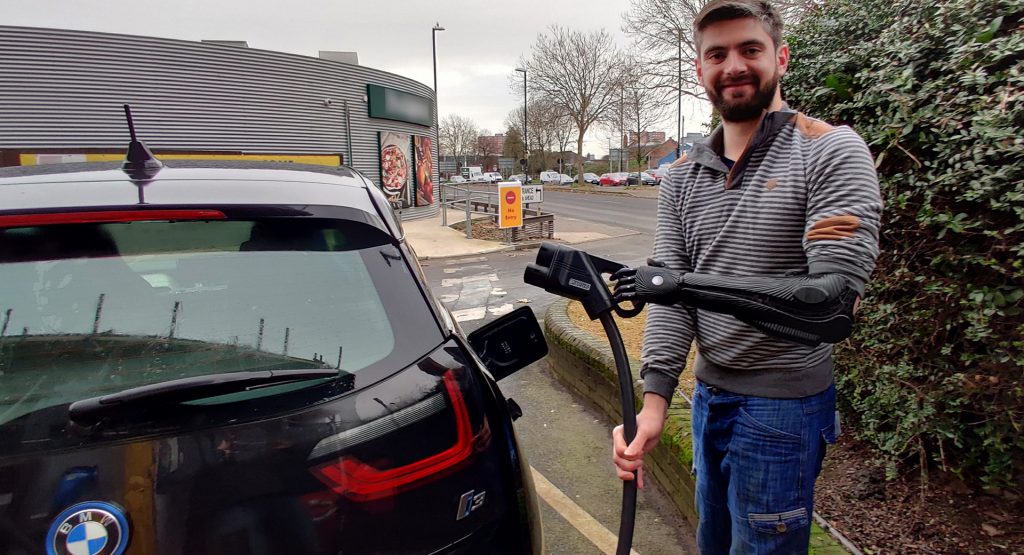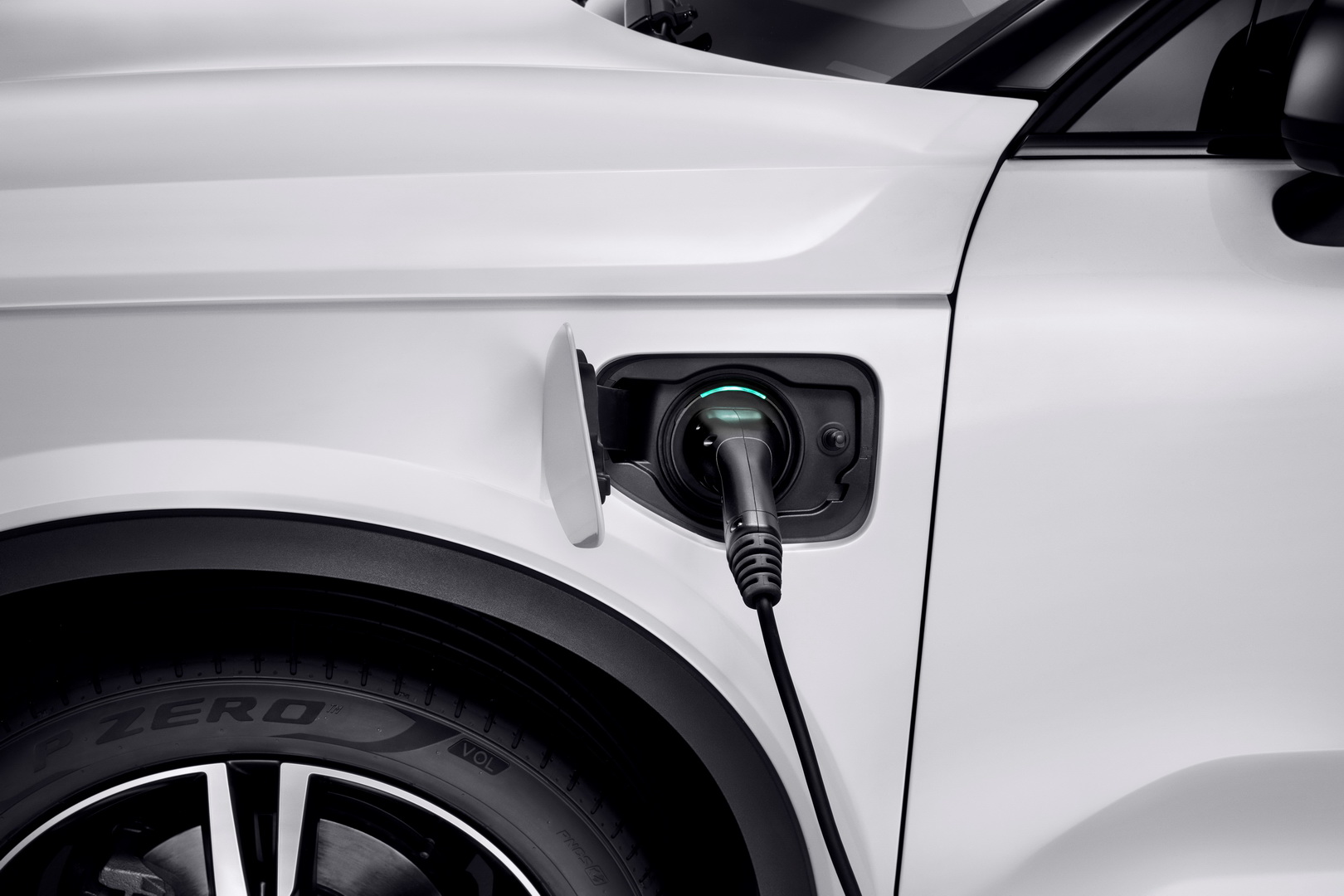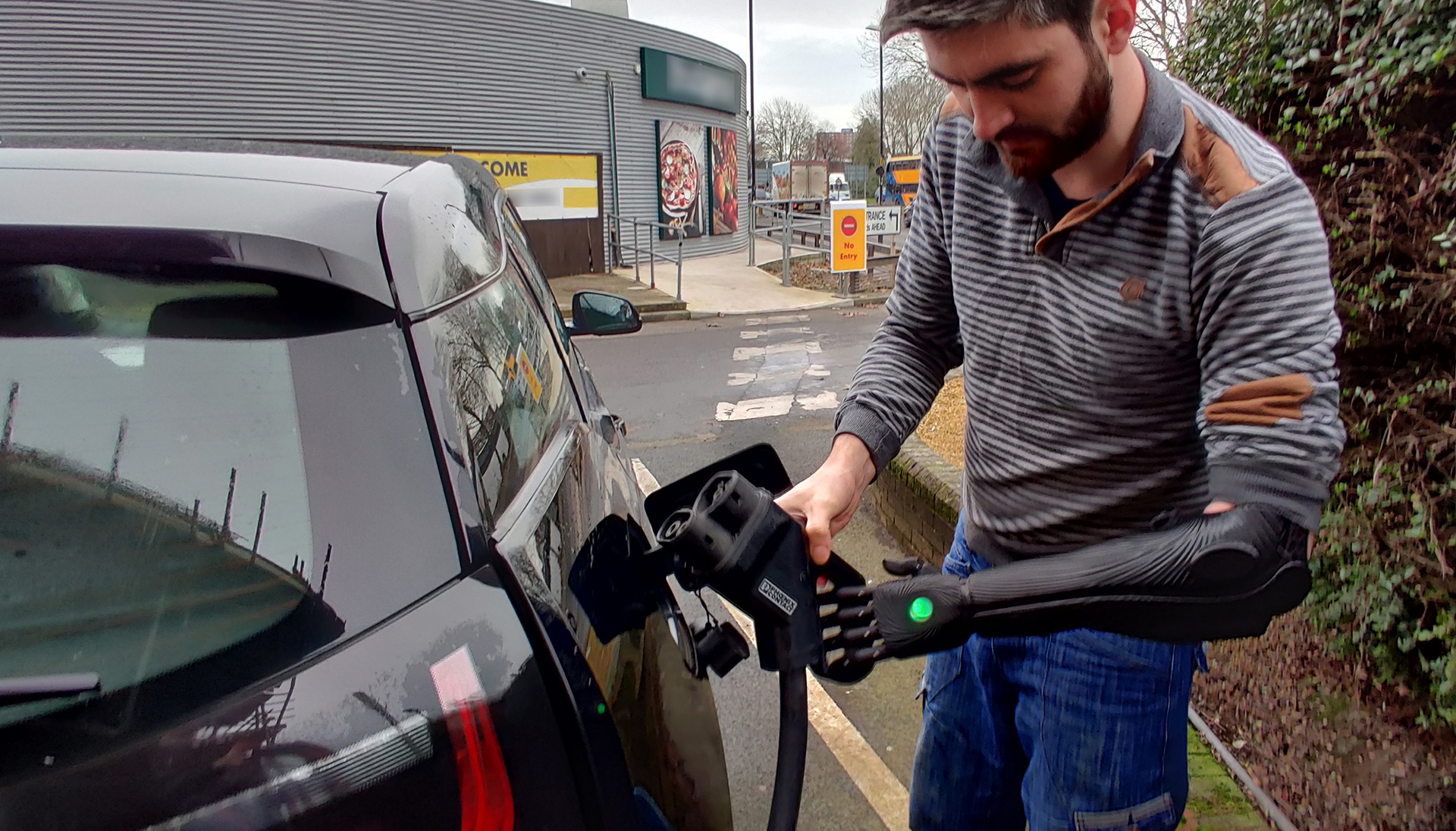The UK’s leading EV mapping service has found that people with disabilities have a hard time finding charge points that meet their needs.
The company, Zap-Map, regularly polls the UK’s 2,200 EV drivers to ask them about their experience with their vehicles. This year, it teamed up with Motability, a UK charity that focuses on access to mobility for people with disabilities, to ask disabled drivers about their experiences.
Perhaps unsurprisingly, but still very disappointingly, one third of respondents reported difficulties finding a place to charge their car. One of the biggest complaints was simply the weight of the charging cable and the effort required to push the chargers in.
Read Also: Uber Sued For Not Accommodating People With Disabilities
There were other, more basic concerns, too. Simply finding a spot that was arranged to allow access to people with disabilities or with dropped curbs nearby was a challenge for some respondents.
About eight percent of the UK’s EV drivers identified disabled in Zap-Map’s survey, so the problem isn’t insignificant. The percentage of drivers who currently own EVs, though, is significantly lower than the UK’s national average of people with disabilities, which is 20 percent. Zap-Map suggests that these difficulties could be a contributing factor to that lower number.
Crucially, the need for accessible mobility is only growing. According to Catherine Marris, Motability’s Innovation Lead, the UK is expecting to have 2.7 million disabled drivers or passengers on its roads by 2035.
“1.35 million [of them are] expected to be partially or wholly reliant on public charging infrastructure,” said Marris. “As we approach what will be a transformative energy transition in the UK, there is a robust social and commercial case for ensuring that EV charging infrastructure is accessible for disabled people.”
Dr. Ben Lane, Zap-Map’s chief technical officer, argues that these are brand new tools designed from a blank sheet of paper, so there’s no real reason not to design charge points that consider the needs of all their users.
It’s also worth remembering that the same automakers making EVs say that this technology will lead autonomous vehicles which, according to companies like VW and GM, will turn them into mobility companies. The advantage of which is, among other things, more accessibility.






